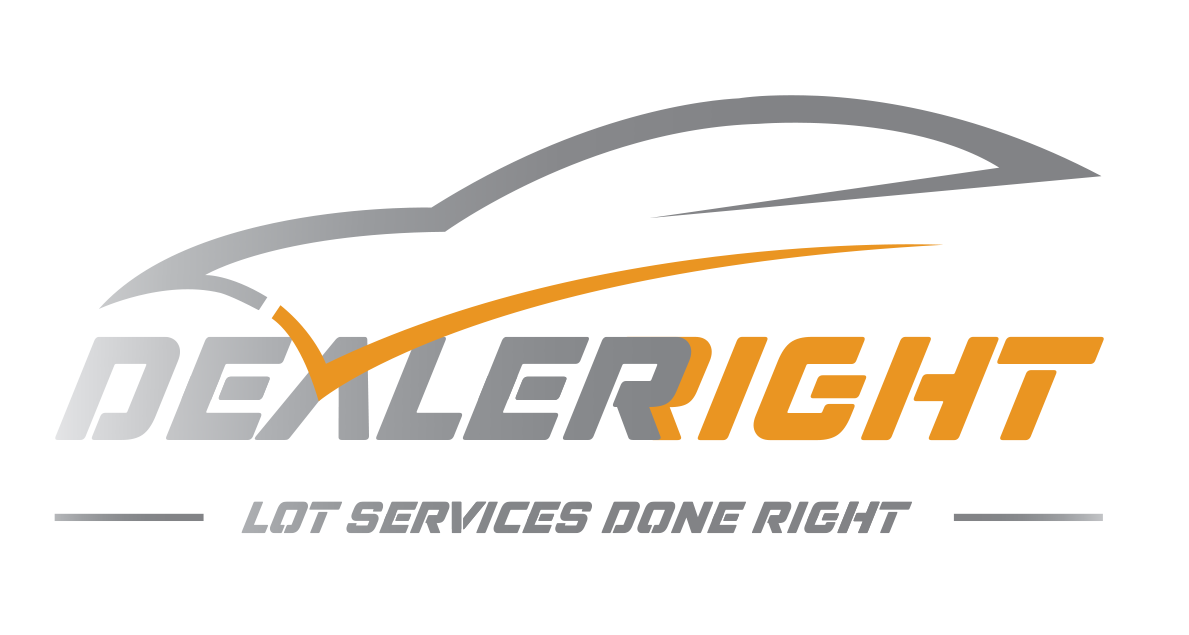IN WITH THE NEW OR WITH THE USED?
- Edson Yanez

- Apr 5, 2024
- 2 min read
Deciding whether to buy a new car or a used car depends on various factors, including your budget, preferences, and specific needs. Dealer Right wanted to share some things to consider then deciding on new or used. Here are some considerations to help you make an informed decision:
Buying a New Car:
Warranty and Reliability: New cars typically come with manufacturer warranties that cover repair costs for a certain period or mileage. This can provide peace of mind and financial protection against unexpected expenses. Additionally, new cars are less likely to have mechanical issues compared to used cars.
Latest Features and Technology: New cars often come equipped with the latest safety features, technology, and amenities. If having the newest innovations is important to you, buying a new car may be the best option.
Customization: When buying new, you have the opportunity to customize the vehicle according to your preferences, including selecting the color, trim level, and optional features.
Lower Interest Rates: Financing rates for new cars may be lower compared to used cars, especially if you have good credit. This can result in lower monthly payments and potentially save you money over the life of the loan.
Higher Resale Value: New cars typically depreciate at a slower rate initially compared to used cars. While all cars depreciate over time, buying new may result in a higher resale value if you decide to sell or trade in the vehicle in the future.
Buying a Used Car:
Lower Purchase Price: One of the primary advantages of buying a used car is the lower initial purchase price compared to new cars. This can allow you to afford a higher-end model or a vehicle with more features within your budget.
Depreciation: Used cars have already experienced the majority of their depreciation, meaning they typically retain their value better than new cars. This can result in slower depreciation and potentially lower total ownership costs over time.
More Bang for Your Buck: With a used car, you may be able to afford a vehicle with higher trim levels, additional features, or a more prestigious brand that might be out of reach when buying new.
Certified Pre-Owned (CPO) Options: Many dealerships offer certified pre-owned programs for used cars, which provide additional warranty coverage and undergo rigorous inspections to ensure quality and reliability.
Insurance Costs: Insurance premiums for used cars are often lower than for new cars, as the replacement cost is typically lower in the event of an accident or theft.

Ultimately, the decision between buying a new car or a used car depends on your individual circumstances, priorities, and preferences. It's essential to carefully evaluate your budget, desired features, expected usage, and long-term goals to determine which option best meets your needs. Additionally, conducting thorough research, inspecting the vehicle, and considering factors such as depreciation, maintenance costs, and resale value can help you make a well-informed decision.




Comments